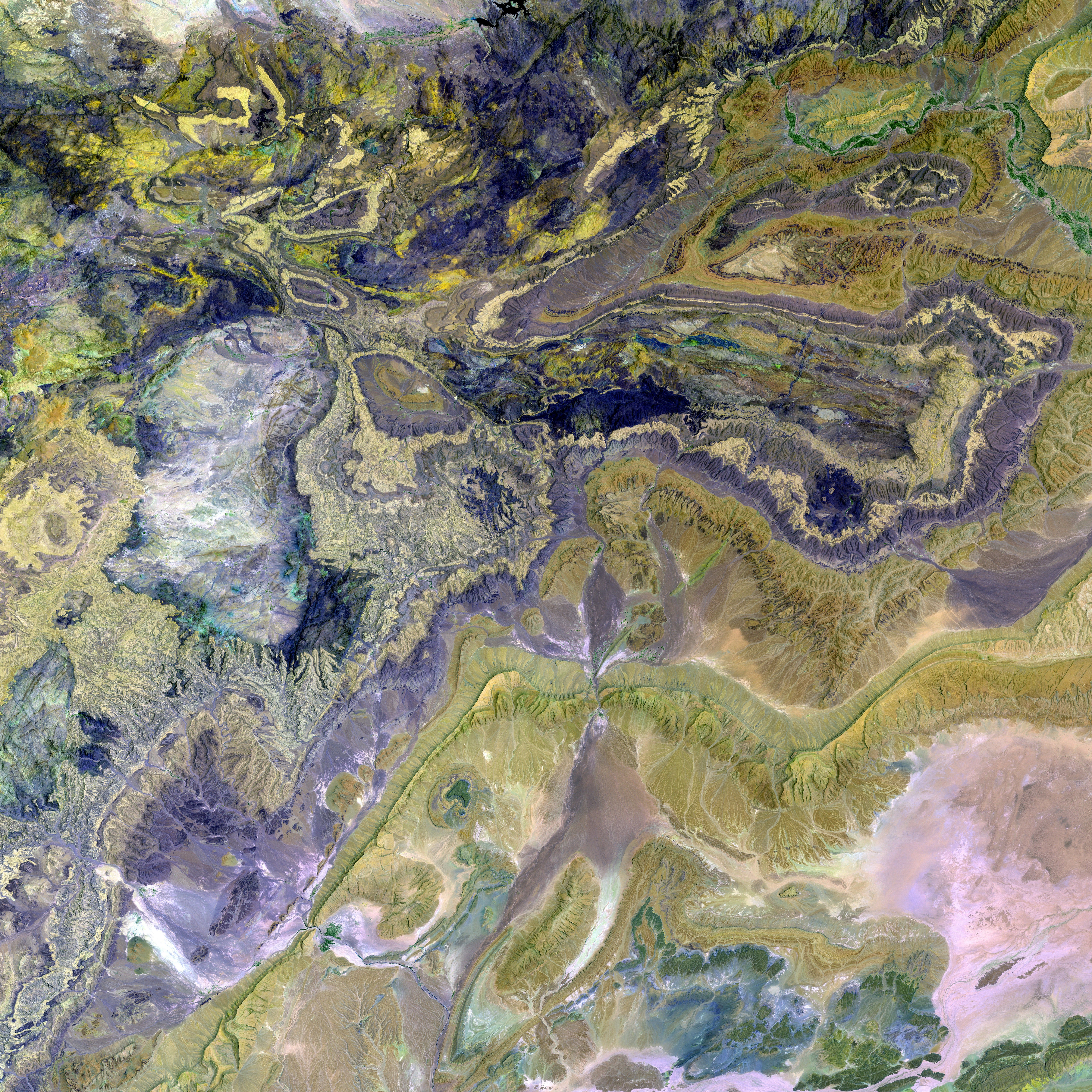Implementing XR Technology in Africa Requires Caution, Advocates - Ursula
Sparking Cautious XR Evolution in Africa: Minster Owusu-Ekuful's Vision
Minister of Communications and Digitalisation, Ursula Owusu-Ekuful, has urged for a thoughtful approach in the development of Extended Reality (XR) across Africa. With XR being the collective label for all emerging immersive technologies, its unique potential calls for a strategic, context-aware digital strategy and policies, public-private collaborations, and vigorous research initiatives.
In a speech at the 2022 ITU Academic Conference Kaleidoscope in Accra, Owusu-Ekuful emphasized the need for a digital strategy that fosters talent, encourages accessibility, strengthens connectivity, and establishes essential infrastructure. This strategy will facilitate collaboration between government bodies, academia, local innovators, and civil society to maximize the benefits of XR for all citizens.
Owusu-Ekuful outlined the profound impact of technological progress on Africa's sustainable growth. Recently, the world has witnessed rapid advancements in virtual, augmented, and mixed realities technologies. These innovations are increasingly utilized in business, science, health, education, and more.
One recently published PricewaterhouseCoopers report predicts that XR will have massive economic implications, with a potential to add a remarkable $1.5 trillion to the global economy by 2030. Yet, the accessibility and affordability of XR technologies remain limited, even in developed societies, making them a distant dream for the most disconnected – those who might benefit the most.
Boost Quality of XR Experience: Dr. Yeboah-Afari's Advocacy
Dr. Collins Yeboah-Afari, Director-General of the Ghana-India Kofi Annan Centre of Excellence in ICT, underscored the transformative power of connecting people to immersive technologies, encompassing AR, MR, and VR under the XR umbrella. Yet, to maximize this potential, the right technologies and capacity building efforts in advanced and exponential technologies are crucial.
To advance XR and enhance the quality of experience, Dr. Yeboah-Afari called for establishing connections and partnerships in the public and private sectors, academia, and industry - furthering efforts by governments championing the country's digitalization agenda.
ITU Kaleidoscope Accra 2022: Pioneering XR and Interoperability
This year's ITU Kaleidoscope conference, themed "Extended reality - How to boost quality of experience and interoperability", is the 14th in a series of peer-reviewed academic conferences. Bringing together views from universities, industry, and research institutions, the event serves to identify emerging developments in information and communication technologies (ICTs), focusing on areas requiring international standards to promote a sustainable, interconnected world.
- The Minister of Communications and Digitalisation, Ursula Owusu-Ekuful, proposed the implementation of a digital strategy to promote XR development in Africa, which aims to foster talent, encourage accessibility, strengthen connectivity, and establish essential infrastructure.
- Dr. Collins Yeboah-Afari, Director-General of the Ghana-India Kofi Annan Centre of Excellence in ICT, emphasized the importance of capacity building efforts in advanced and exponential technologies, like XR, to transform people's lives and enhance the quality of experience.
- A recent PricewaterhouseCoopers report predicts that XR technologies could add a significant $1.5 trillion to the global economy by 2030, however, issues surrounding accessibility and affordability persist, making these technologies inaccessible even in developed societies.
- As technology advances, we witness the increasing application of XR technologies in various sectors, including business, science, health, education, and more, which are set to drive Africa's sustainable growth.
- This year's ITU Kaleidoscope conference in Accra focuses on understanding the requirements for international standards to promote interoperability in XR, aiming to bring together views from universities, industry, and research institutions for a sustainable, interconnected world.






